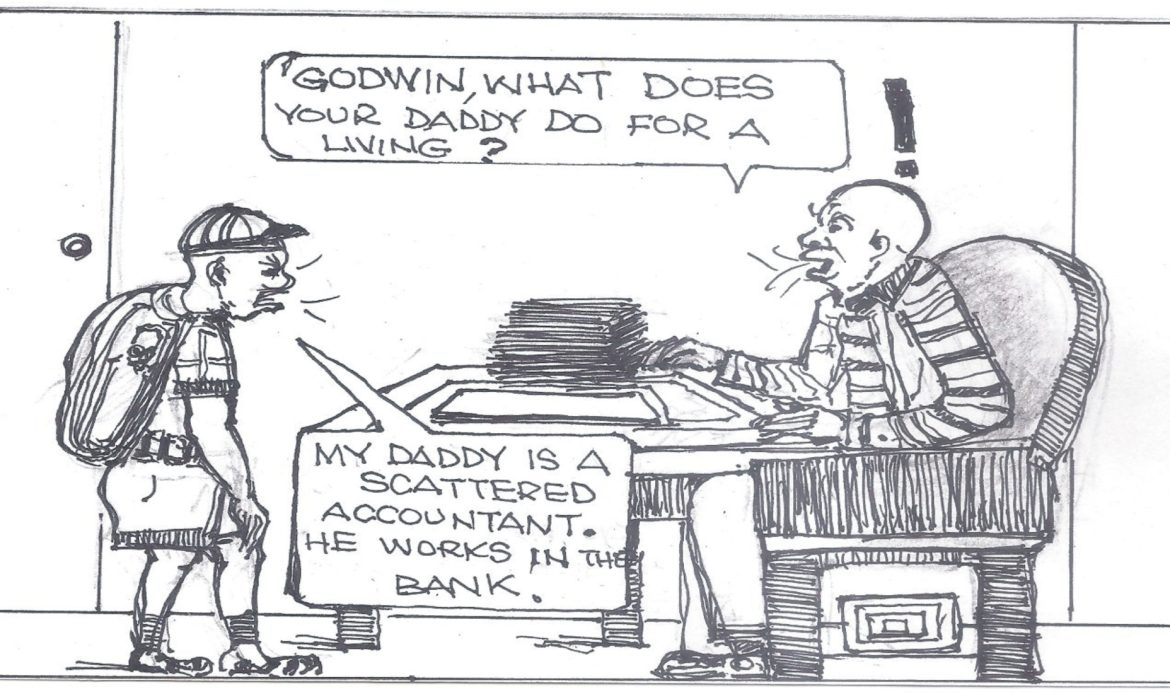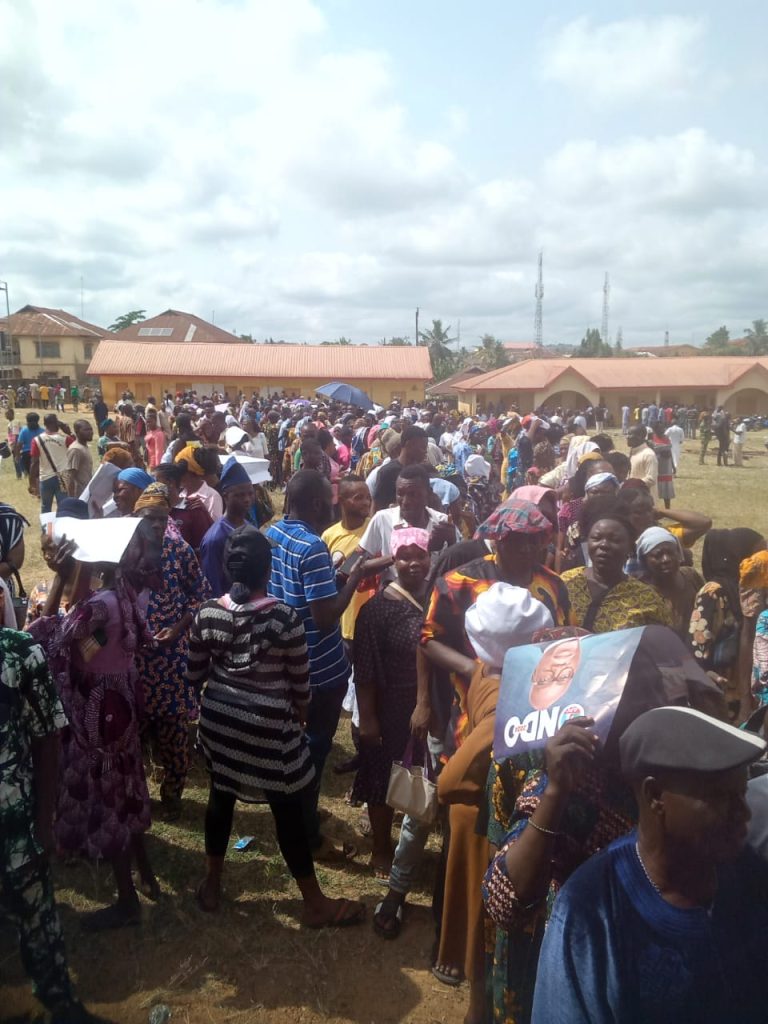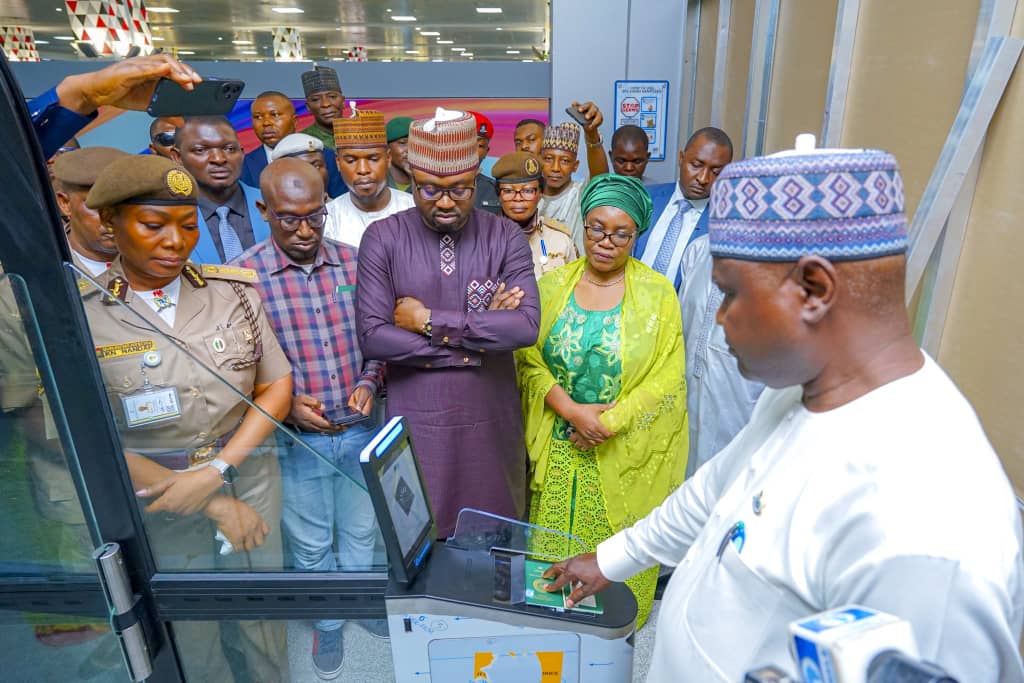Frequent National Grid Collapse
INTRACTABLE power crisis rocking the country has gone worse with the complete collapse of the national grid. This latest ugly experience came at a time of spike in the cost of diesel and scarcity of petrol, to further compound the country’s woes. While relevant stakeholders are not in short supply of excuses for total blackout, the turn of event verges on institutional incompetence and regulatory negligence.
THE Association of Nigerian Electricity Distributors (ANED), the umbrella body of distribution companies, blamed the recurrent power collapse on the Transmission Company of Nigeria’s (TCN) analog system, describing it as largely responsible for the incessant collapses since the privatisation of the power sector in 2013. The TCN, a government agency that manages the asset under the privatised power sector, had in turn attributed the grid collapse to various reasons.
IT is a known fact that about 47% of Nigerians do not have access to grid electricity and those who do have access, face regular power cuts. Hence, improving power sector performance, particularly in the non-oil sectors of manufacturing and services will be central to unlocking economic growth in the country.
UNFORTUNATELY, the problem of power has remained intransigent to the huge investments sunk into it in the last two decades. It is shocking that instead of an improvement, the situation has continued to get worse. Since 2013 when the sector was privatized, the grid has cumulatively failed electricity consumers more than 130 times! On each occasion, the incidents had brought the nation and its economic activities to her knees. It is not surprising, therefore, that the economy is on a nosedive and companies are shutting down.
REGRETTABLY, incessant grid collapse and power outage come at a huge cost to the nation’s economy. Reports put the cost of power outage in Nigeria at around $28billion, equivalent to 2 per cent of her Gross Domestic Product (GDP). According to the 2020 Doing Business Report, unrestricted access to electricity is one of the major drawbacks for the private sector.
THEREFORE, government’s failure to address the power sector challenges amounts to insensitivity on its part to fundamentals of development. The unbundling of National Electricity Power Authority, NEPA, has proven to be a huge failure. What we are dealing with, as it were, is a huge conspiracy of fraud. Clearly, the power sector is a cesspit of corruption and administrative inefficiency.
THE federal government must put its house in order and provide a security and business-friendly environment to attract the private sector, without which the sector stagnates. The power industry is too sensitively technical and financially inclusive to be undertaken solely by the government. The present private-sector arrangement is grossly defective and has only presented Nigerians with pains, woes and grave exploitation.
THE government must encourage a switch to alternative energy sources, which is the global trend. Solar power, wind energy and hydro-power generation should be given the necessary attention and integrated into the country’s power strategic plan. Energy mix is the in thing and should be pursued with vigour.
WE canvass that electricity should not be on the exclusive list. Let those who can provide power, be it states, corporate bodies or individuals, be allowed to produce power and sell to consumers. Decades of dependence on one omnibus, centralized power behemoth has failed and should be discarded. Improving access to reliable power supply is the key to reducing poverty and unlocking economic growth in the country.
IT is crystal clear that lack of stable power had hampered investment and job creation which would empower millions of citizens and deliver them from poverty. It has also stifled economic activity, private investment and job creation, which is ultimately what, is needed to lift Nigerians out of poverty.
We therefore canvass for a completely privatization of the power sector, including the Transmission Company of Nigeria. Government should also provide the right market conditions without price controls for investors to come in at every segment of the value chain to invest.
LASTLY, President Buhari is advised to take a second look at the MOU he signed with a German company for the provision of power to ensure that availability of power to Nigerians becomes a reality before the expiration of his administration.











